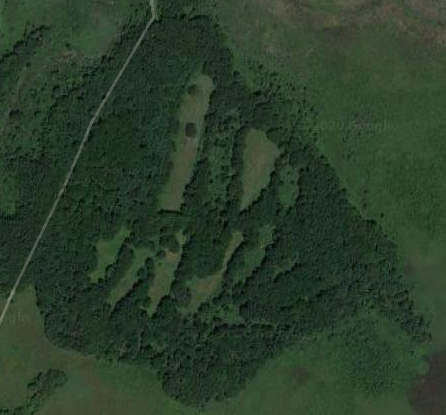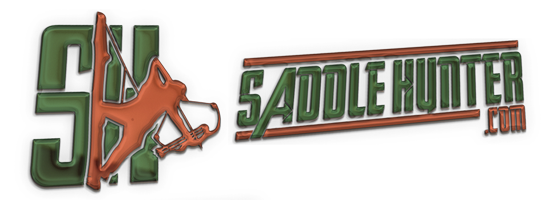Scouted some public land today. This hardwoods "island" has a trail (unmarked here) that goes east/west between the clearcuts that run north/south. In the middle of this trail is a sign (which I failed to get a pic of) that proclaims hunting/fishing license dollars make these habitat improvements possible. So these clearcuts do what exactly? They are just meadows, doesn't look like any sharecropping unless it was a long time ago. I get that clearcuts add some diversity and edge habitat, but are they more intended to benefit bird hunters? I don't bird hunt...



